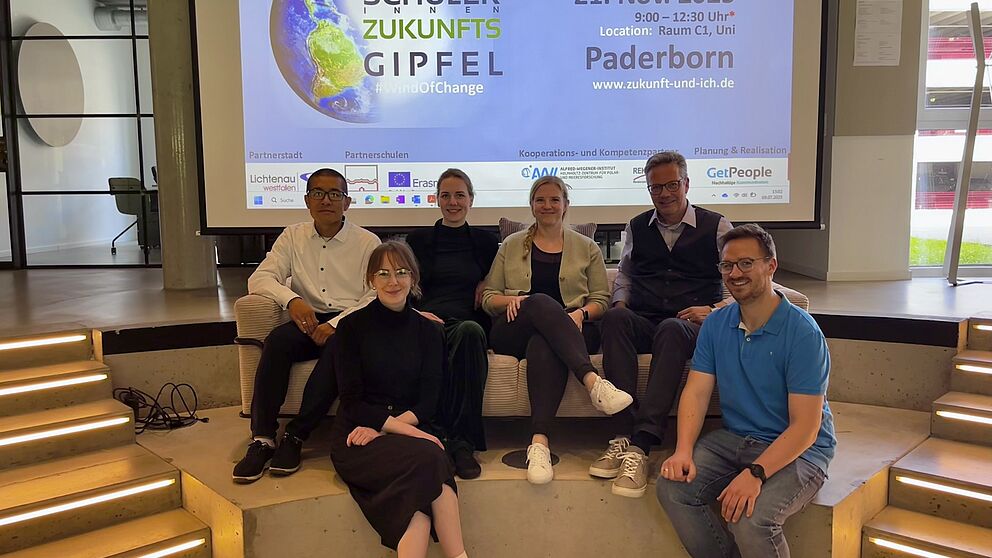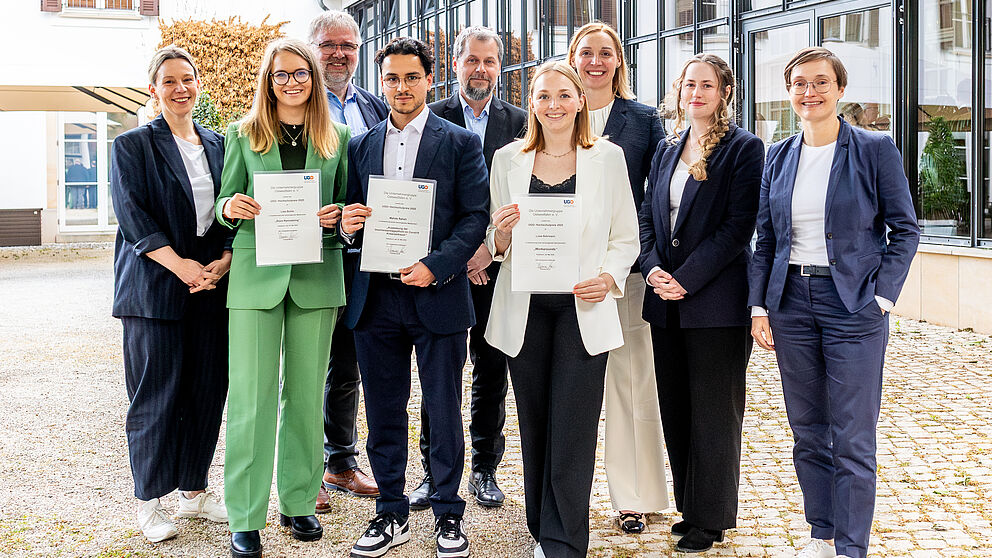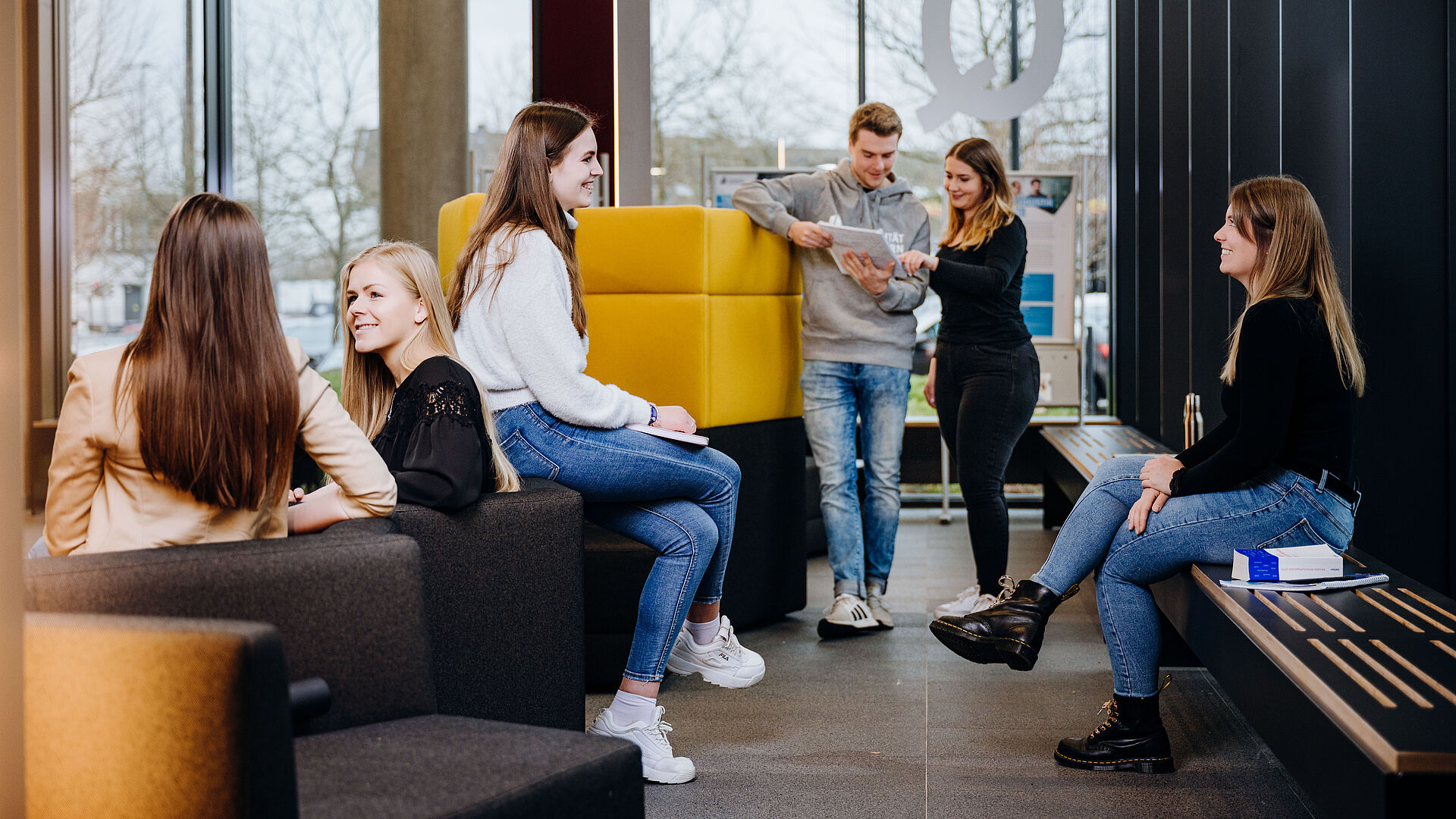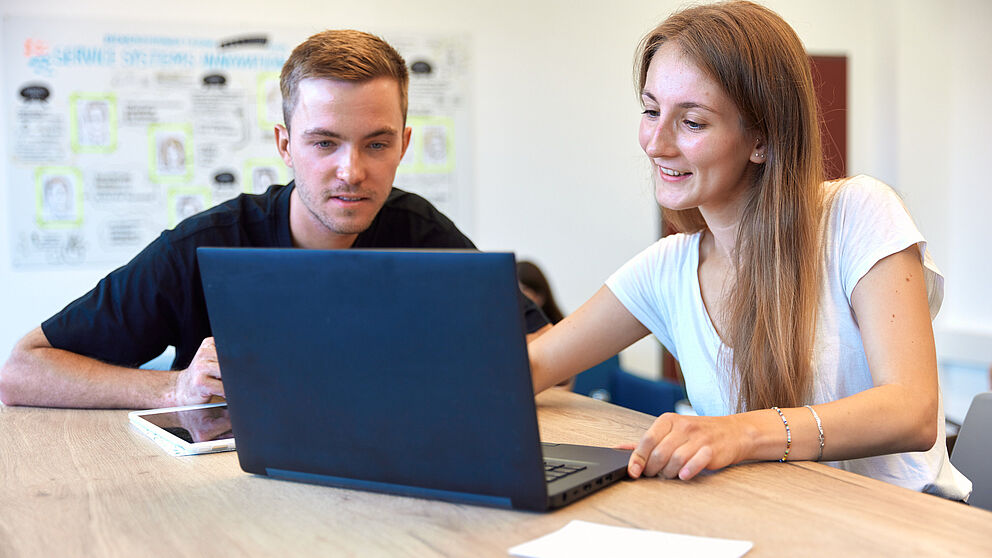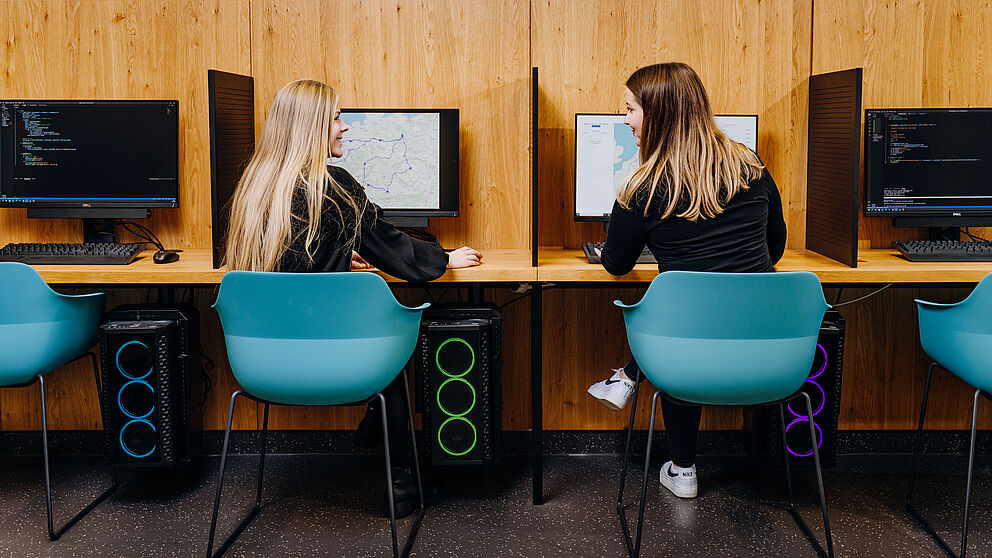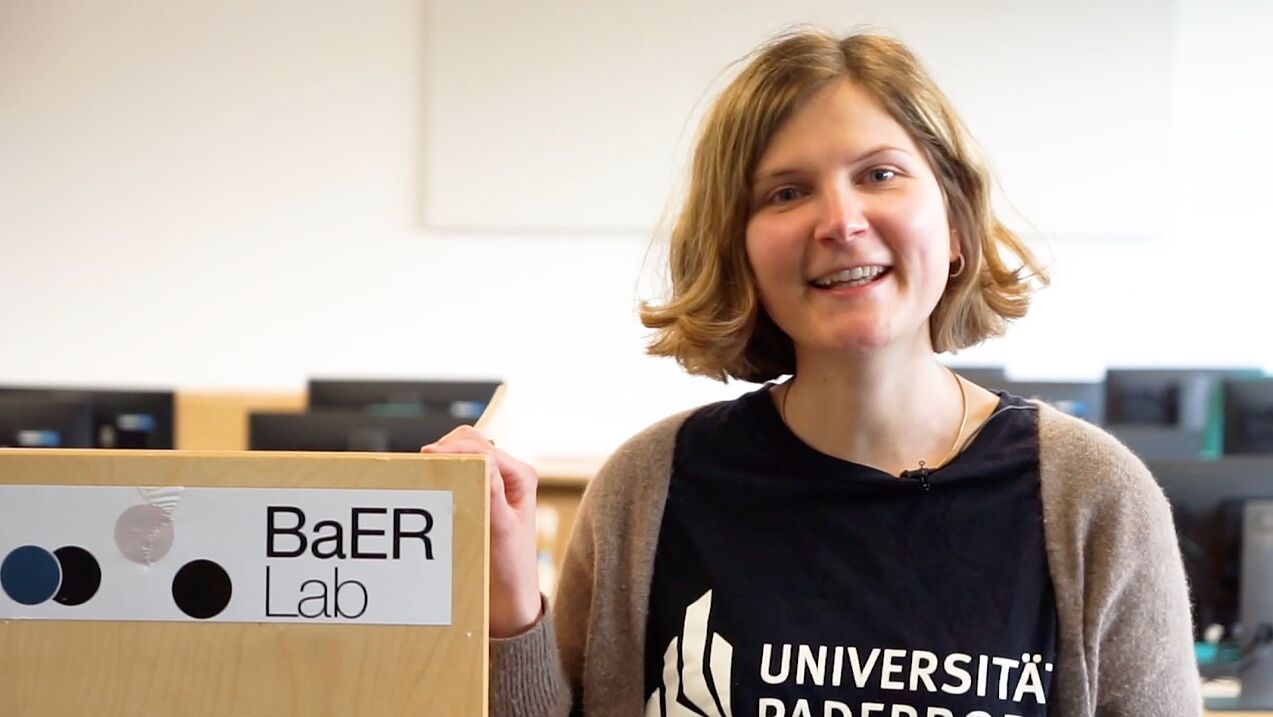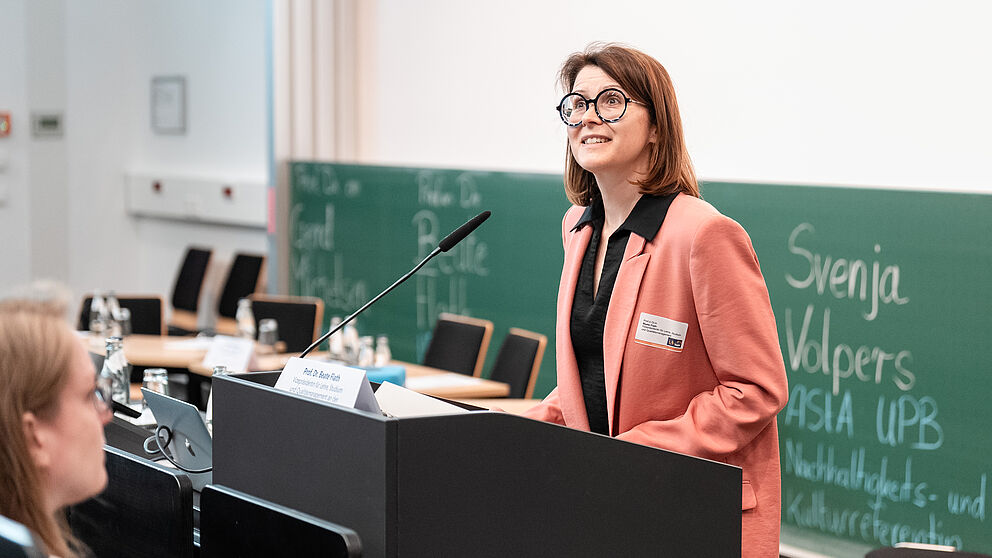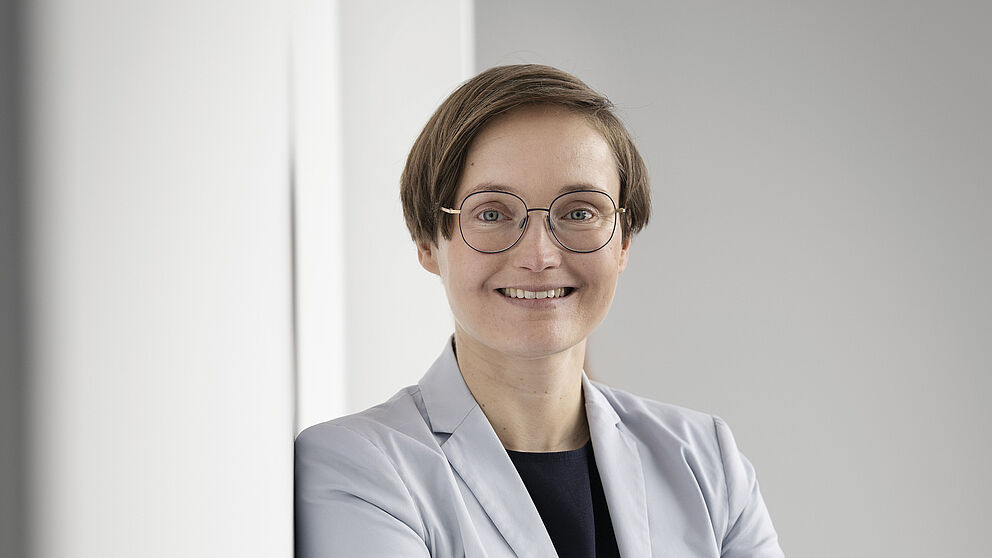Places of knowledge exchange
A future-oriented research landscape, characterised by six dynamic departments, unfolds in our faculty across the breadth of economics. Our research centres and laboratories create space for encounters, experiments and knowledge exchange.
Laboratories
Become part of the research!
In principle, anyone can take part in the experiments, regardless of age, subject or profession. As a rule, no special prior knowledge is required. A laboratory experiment is a one- to two-hour event in which the participants registered for this experiment make decisions within the framework of a clearly defined specific economic situation. All participants receive a real payout. The payouts depend on the respective experiment and the decisions made by you and the other participants. The average payout in the experiment is usually based on the remuneration for a student job in higher education.
News
